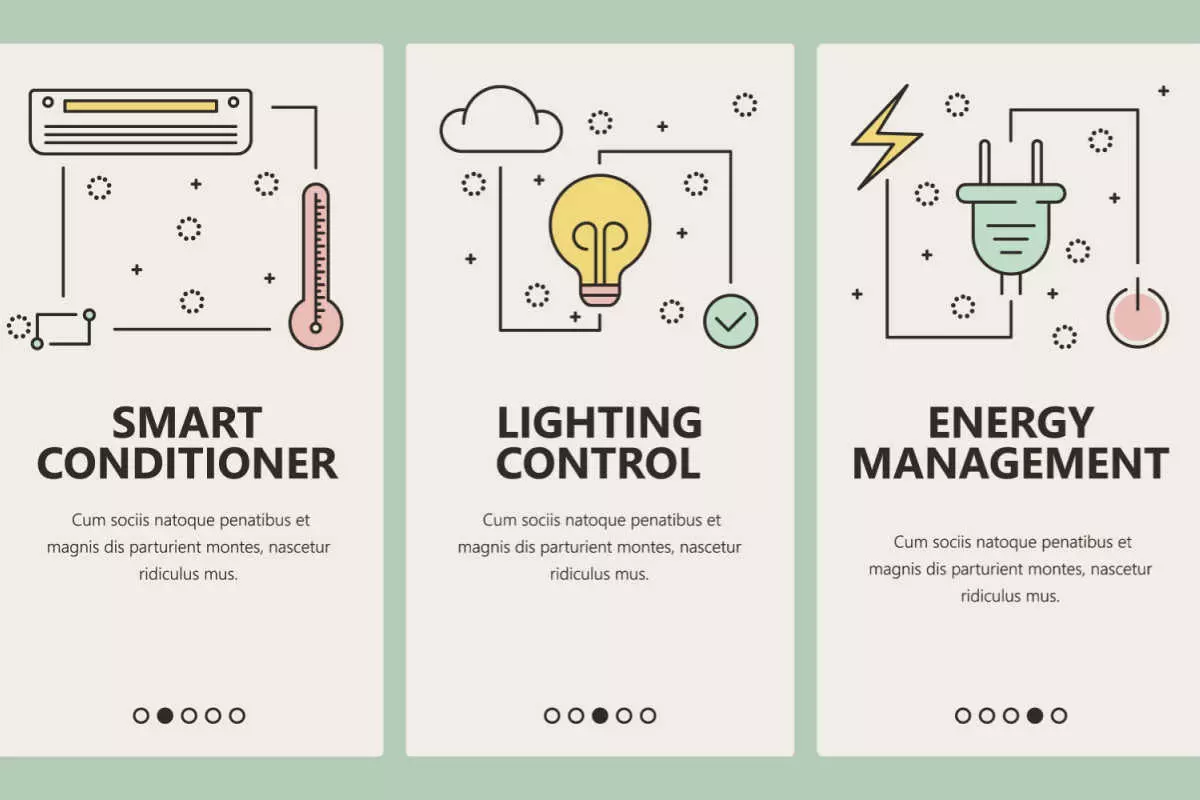
Revolutionizing Smart Living: The Power of AI-Driven Home Automation
In the era of technological advancements, AI-driven home automation stands at the forefront of transforming living spaces into intelligent, responsive environments. This article explores the multifaceted impact of AI in home automation, unraveling the benefits, applications, and the seamless integration of artificial intelligence into our daily lives.
The Fusion of AI and Home Automation
AI-driven home automation represents the integration of artificial intelligence into the control and management of household devices and systems. This fusion enables homes to adapt, learn, and respond intelligently to the needs and preferences of occupants. From adjusting lighting to optimizing energy consumption, AI brings a new level of sophistication to home automation.
Smart Assistants and Voice Control
One of the most visible manifestations of AI in home automation is the prevalence of smart assistants. These intelligent systems, such as Amazon’s Alexa, Google Assistant, and Apple’s Siri, leverage AI algorithms to understand and respond to voice commands. This hands-free interaction allows users to control various devices, play music, set reminders, and even ask for information effortlessly.
Predictive Analytics for Adaptive Environments
AI-driven home automation goes beyond reactive responses; it embraces predictive analytics to create adaptive environments. By analyzing historical data and user behaviors, AI algorithms can anticipate preferences and needs. For instance, the system may adjust thermostat settings based on daily patterns or suggest energy-efficient practices, enhancing comfort and efficiency.
Energy Efficiency and Sustainability
AI’s role in home automation extends to energy management. Smart home systems, powered by AI, can optimize energy consumption by learning usage patterns and adjusting settings accordingly. This not only promotes energy efficiency but also contributes to sustainability efforts by reducing overall energy consumption and lowering utility costs.
Enhanced Security through AI Integration
AI plays a crucial role in bolstering home security. Smart cameras, doorbell cameras, and sensors equipped with AI algorithms can differentiate between normal activities and potential security threats. AI-driven facial recognition and behavior analysis enhance the accuracy of security systems, providing homeowners with advanced threat detection and real-time alerts.
Intuitive User Interfaces and Experience
AI-driven home automation aims for intuitive user interfaces and experiences. Through machine learning, smart systems understand user preferences over time, creating personalized environments. This includes adjusting lighting based on preferred brightness, setting thermostat temperatures to individual comfort levels, and even anticipating entertainment choices for a seamless and intuitive user experience.
Health and Wellness Monitoring
AI in home automation extends its reach to health and wellness monitoring. Smart devices equipped with AI algorithms can track sleep patterns, monitor physical activity, and even provide insights into overall well-being. This integration enables homeowners to proactively manage their health within the familiar confines of their homes.
Interconnected Ecosystems for Seamless Automation
AI acts as the orchestrator in creating interconnected ecosystems within smart homes. Devices communicate with each other, and AI serves as the central intelligence coordinating these interactions. For example, a smart thermostat may communicate with smart blinds to optimize both temperature and natural lighting, creating a harmonious and energy-efficient living space.
Overcoming Challenges and Privacy Concerns
While the benefits of AI-driven home automation are substantial, it is essential to address challenges and privacy concerns. Safeguarding user data, ensuring secure communication between devices, and implementing robust privacy controls are paramount. Striking a balance between technological innovation and privacy protection is crucial for fostering widespread adoption and trust in AI-driven systems.
The Future of Smart Living with AI-Driven Automation
As technology continues to advance, the future of smart living with AI-driven home automation holds immense potential. Further developments in natural language processing, computer vision, and machine learning will likely bring about more sophisticated and context-aware systems. The ongoing fusion of AI and home automation is shaping a future where homes are not just smart but truly intelligent.
To explore the transformative capabilities of AI-driven home automation, visit AI-driven home automation. Immerse yourself in the possibilities of a smarter, more intuitive living space where artificial intelligence enhances every aspect of daily life.
